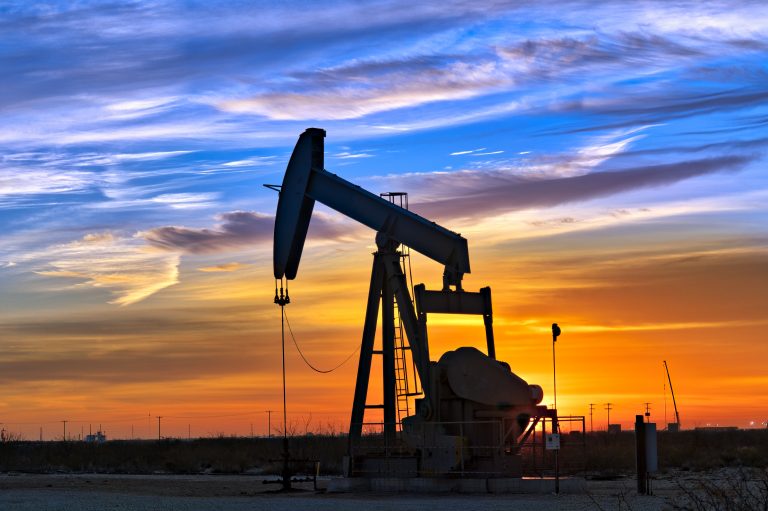U.S. Needs More Oil & Gas Pipelines
The Dallas Morning News recently published an op-ed by GAIN advisor and former geologist with the Texas Railroad Commission Bill Godsey highlighting the crucial need for continued investment in oil & gas pipelines across the nation. The demand for gasoline has heightened as people return to the office, families hit the road for summer road trips, and the world starts to turn again in light of the COVID-19 vaccine. Yet simultaneously, the supply of gas has been continually challenged. Godsey points his focus towards the essentiality of bolstering oil & gas supply for the sake of today’s― and tomorrow’s― economy.
The highest it’s been in six years, the average price of a gallon of gasoline in the U.S. currently sits at is $3.04. Godsey points out that this 41% increase in gas prices since 2020 also makes other operational purchases, like groceries, more expensive. This skewing of supply and demand is caused by the suffocation oil & gas providers have recently undergone. In light of the Keystone XL pipeline cancellation and other administrative decisions recently proposed, President Biden’s energy policies are estimated to reduce U.S. oil production by 1 million barrels per day by 2023.
Yet thankfully, the Biden administration is starting to recognize the importance of pipelines. After the Colonial Pipeline, which functions to carry 3 million barrels of gasoline between Texas & New York per day, was recently compromised through a cyber-attack, President Biden’s Energy Secretary, Jennifer Granholm, asserted “pipe is the best way to go.” Moreover, Biden’s Justice Department and Army Corps of Engineers allowed the Dakota Access Pipeline to remain operational while under environmental review – a decision that was last week backed by a federal judge in Washington DC. Energy independence through steady, effective supply correlates with national security (lessened dependence on Russia, Venezuela, Middle East, etc.); the Biden Administration is acknowledging this fact.
Furthermore, Godsey is sure to point out that the share of oil amongst total (global) energy production will only fall 8% over the next 20 years. As reported by the Congressional Research Service, transporting crude oil by pipeline is both substantially cheaper and significantly cleaner than transportation by rail/truck; these savings facilitated by pipeline then transfer to the consumer. Therefore, access to pipelines is crucial to our nation’s overall economic well-being― not to mention overall independence. America can’t afford to fall behind in this sector.
Godsey urges anti-pipeline activists to not overlook the havoc that shutting down pipelines will bring to our nation. Shutting down pipelines won’t reduce the role of oil & gas in our everyday lives; it will only force it to be funneled through less safe, less efficient, less affordable, and less environmentally-conscious avenues.


